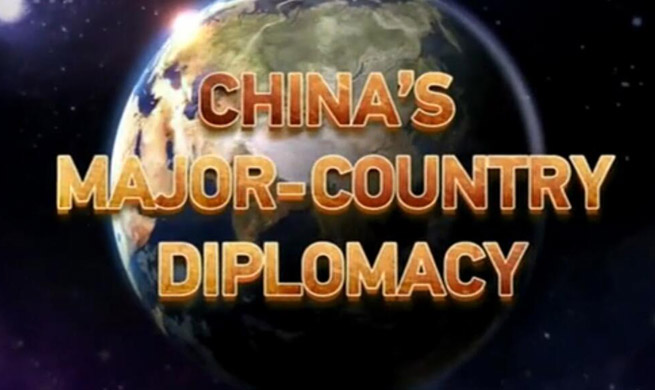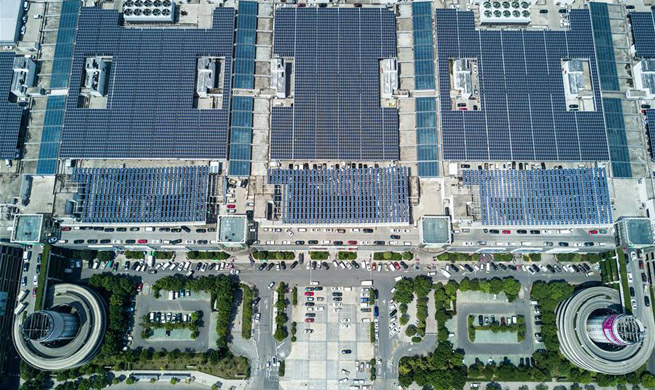By EVAN DUGGAN
VANCOUVER, Aug. 29 (Xinhua) -- It's becoming increasingly clear that Canada needs to pivot its trade and investment objectives toward Asia as U.S. President Donald Trump has renewed threats to tear up the North American Free Trade Agreement (NAFTA), said independent Canadian Senator Yuean Pao Woo here Tuesday.
"It's the same lesson we have been discussing for 20 years easily, which is that we cannot put all our eggs in one basket, the U.S. basket," said Senator Woo, who was appointed last year by Canadian Prime Minister Justin Trudeau.
"More than ever, Canadians need to be looking to alternative sources of export markets, import markets and foreign investment," Woo, the former head of the Asia Pacific Foundation of Canada think-tank, said in an exclusive interview with Xinhua Tuesday.
"I would stress that as we try to deepen our economic relationship with, say, China, and other Asian countries as well, there has to be a focus not just on trade, but also on investment and two-way investing, and that includes welcoming investment from Chinese enterprises, from Korean, from Thai, Malaysia, Filipino enterprises into Canada," Woo said.
Over the weekend, Trump tweeted that Canada and Mexico were both being very difficult so far in the renegotiations of the 23-year-old pact between Canada, Mexico and the U.S., and that we were still considering tearing up the deal.
The negotiations, which are set to continue on Sept. 1 in Mexico City, have been sealed within a non-disclosure agreement by the negotiating teams.
"It's all hush hush, but we do know that President Trump has threatened to rip up the agreement," Woo said. "I think, in some ways... Trump has made it more difficult for his team. It's not clear that he can follow through on eliminating the agreement altogether, and if he tries, he will face a lot of opposition that will simply weaken his political capital and his credibility."
Trump would face intense opposition from U.S. border states, Congress and the Senate if he chose to pull out of NAFTA, Woo said. To do that, the U.S. would also have to give Canada and Mexico six-month's notice.
The U.S. remains Canada's most important trading partner. Last year, there was more than 544 billion U.S. dollars in bilateral trade between Canada and the U.S., according to U.S. census figures.
But China is Canada's second-largest trade partner, and economic activity between the two countries grew by more than 10 percent in 2015, over 2016, reaching 86 billion Canadian dollars (68.8 billion U.S. dollars) in two-way merchandise trade.
Woo said if the negotiators cannot reach a quick conclusion, then the process could end up taking much longer than the six-month period that was expected from the outset of talks.
"If it looks like we're getting bogged down then maybe this will just drag on to where the appetite for renegotiation starts to fade away," he said.
The second round of NAFTA talks are set to resume next week in Mexico City and the talks are expected to include at least five more sessions held at three-week intervals.

















